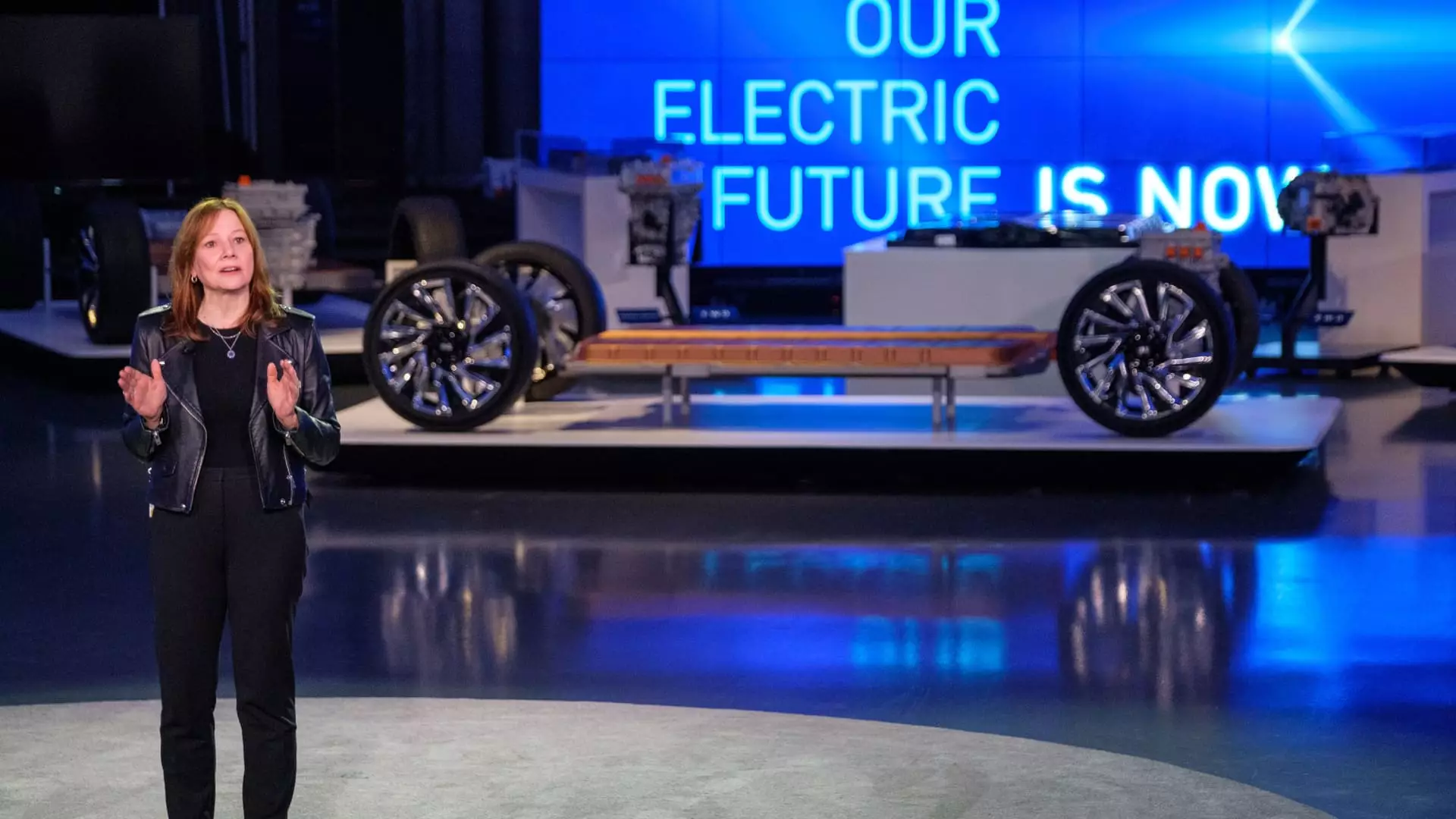General Motors’ ambitious goal of producing 1 million all-electric vehicles in North America by the end of 2025 is now facing uncertainty, as CEO Mary Barra recently indicated. The company’s original plan to establish a significant production capacity for EVs in both China and North America by 2025 may not be realized as originally envisioned.
The Reality of Market Demand
Despite initial projections and commitments to ramp up EV production, the actual demand for electric vehicles has not matched the expectations set by GM and other automakers. Barra openly acknowledged this during a recent CNBC event, stating that achieving the 1 million-unit production target by 2025 may not be feasible in the current market conditions. The company’s strategy moving forward will be guided by customer demand and market dynamics.
In response to the shifting landscape of the electric vehicle market, GM has had to adapt its EV targets and product plans over the past year. While the company initially maintained its commitment to establishing production capacity for 1 million EVs in North America by 2025, recent developments have raised doubts about the feasibility of this goal. A GM spokesperson clarified that the target was related to production capacity rather than actual output, leading to further ambiguity regarding the company’s EV production plans.
General Motors now faces the challenge of recalibrating its EV strategy to align with market realities and consumer preferences. The decision to no longer reiterate the specific production capacity plans for 2025 reflects a more cautious and adaptive approach to the rapidly evolving EV landscape. As the company prepares to announce its second-quarter results later this month, more details about its adjusted EV plans and priorities are expected to emerge.
Overall, General Motors’ journey towards establishing itself as a prominent player in the electric vehicle market is marked by uncertainty and shifting priorities. The company’s ability to navigate these challenges and adapt to changing circumstances will ultimately determine its success in realizing its vision for a sustainable and competitive EV future.

